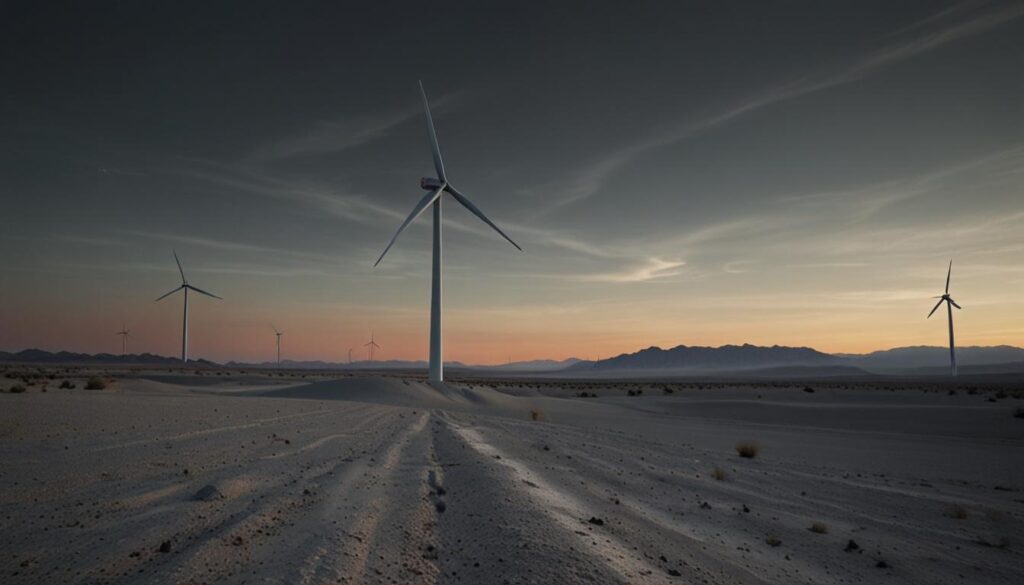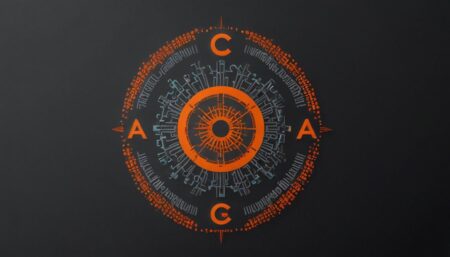Global clean tech investments are on the rise, with projections of reaching $2 trillion by 2024. Gulf states like the UAE and Saudi Arabia are taking strategic steps to reduce reliance on oil and gas and lead in renewable energy initiatives. Meanwhile, advancements in AI technologies in the region signal a shift towards a diversified, technology-driven economy.
Clean Tech Investment and Gulf Renewables Initiative
Rising Clean Tech Investments
Global investment in clean technology is projected to reach $2 trillion by 2024, according to industry reports. While significant, this amount is still less than half of the estimated investment needed by early 2030s to achieve net zero targets.
The Role of Big Oil
Pressure is mounting on major oil companies to adjust their green transition goals. Some producers are scaling back on their low-carbon strategies due to the high demand for fossil fuels and growing investor concerns.
Startups in the Energy Transition
Twelve notable startups are making significant strides in the energy transition, attracting billions in venture capital for clean and renewable energy projects. These companies are contributing to the push toward sustainable energy solutions.
Gulf States’ Strategic Moves
The UAE and Saudi Arabia lead the Gulf region in the push to reduce dependence on oil and gas, motivated by strategic and economic interests. For instance, Dubai’s $14 billion Mohammed bin Rashid Al Maktoum Solar Park is an ambitious project that aims to generate significant renewable energy.
China’s Climate Ambitions
China’s commitment to achieving net zero emissions shows signs of waning as it prioritizes economic growth and energy security, particularly by focusing on coal.
Energy Investment Disparities
The International Energy Agency reports that the broader Middle East allocates just 20 cents to renewable energy for every dollar spent on fossil fuels. Despite having significant fossil fuel reserves, the region, including countries like Iran and Iraq, is expected to invest only 15% of its $175 billion energy budget in clean energy this year.
Africa’s Green Transition Challenges
In Africa, energy poverty and funding difficulties hinder the continent’s green transition efforts. Advocates for continued fossil fuel use argue that it is essential for industrialization across Africa.
AI Developments in the UAE
The UAE aims to establish itself as a global AI leader by 2031. In April, Microsoft announced a $1.5 billion investment in G42, an AI group based in Abu Dhabi, signaling strong US-UAE tech collaboration. The UAE’s Minister of AI, Omar Al Olama, emphasized the country’s commitment to being at the forefront of AI innovation.
AI Collaboration and Competition
Abu Dhabi’s Technology Innovation Institute recently unveiled Falcon10B, a large language model that outperformed some offerings from Google and Meta. A collaboration between local and international entities produced Jais, a generative AI model trained in Arabic and English. These open-source projects position the UAE as a key player in the development of AI technologies, especially for underrepresented languages.
The UAE’s moves in clean tech and AI indicate its strategic shift towards a diversified, technology-driven economy.










